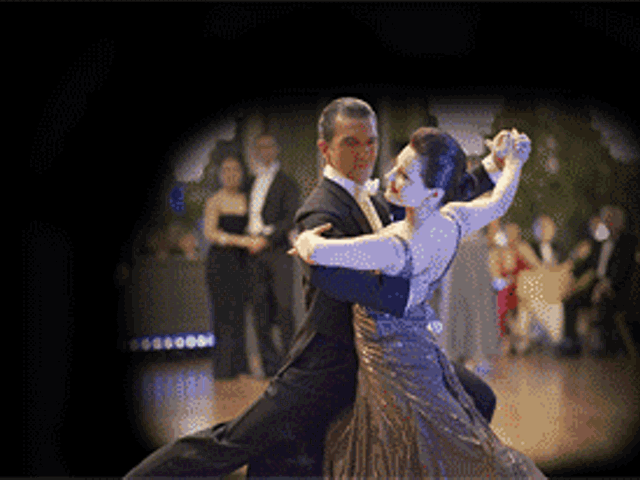A.C. Smith delivers an achingly honest performance as Wendal's father, an ordinary man with a fierce love for his family and big dreams for their future. Smith is actively involved in each moment onstage, whether anxiously awaiting a gift, sparring with his sister-in-law or confronting Wendal. His transition from anger to sorrow to dogged determination in facing Wendal's AIDS is a model not only of excellent acting but of facing the gut-wrenching challenges of life.
As Wendal, Eugene H. Russell IV moves convincingly from initial denial of his disease to a brutal confession of the loneliness and pain of his experience. In the most compelling scene of the first act, Wendal is unable to deliver the news of his diagnosis to his live-in girlfriend (Richon May) but ultimately confesses it to his lover, Douglas (J. Samuel Davis). In turn, Davis convincingly portrays the complex emotions of a man juggling family commitments while secretly trying to care for his lover.
The second act focuses on Wendal's return to his family home and the revelation of his illness and sexuality. More horrified by his "wicked nasty ways" than by the disease itself, Wendal's mother Reba (Starletta DuPois) turns her back on him. There's no sugar-coated solution to mitigate the tragic end.
In supporting roles, Suzie Wall, Melissa Navarro, Tre'von Griffith and Kelvin Roston Jr. each create solid characters. Joyce Meeks, as Wendal's Aunt Maybelle, delivers several comic scenes effectively but is often hard to hear.
West excels at creating complex characters and relationships, but the script gets bogged down from too many location shifts. (This despite Dunsi Dai's dynamic set design, which provides several open areas that are transformed into the various required rooms.) Director Linda Kennedy's shrewd blocking subtly reveals character and relationships, but a lack of clear articulation from all the actors leaves the audience puzzled at times. Likewise, while Ryan Breneisen's lighting design moves fluidly between locales, in the crucial scene where Reba reacts to Wendal's news, an overly dramatic lighting change intrudes. Cynthia Winstead's costumes all seem appropriate for the characters and situation (with the exception of a terribly unrealistic pregnancy belly donned by May).
The medical outlook for AIDS patients may have improved since West wrote this play, but there's no still no vaccine against the prejudice it exposes. As productions like this one continue to remind us, facing fear of that which is different or unknown is crucial for our families, our communities and our world.





